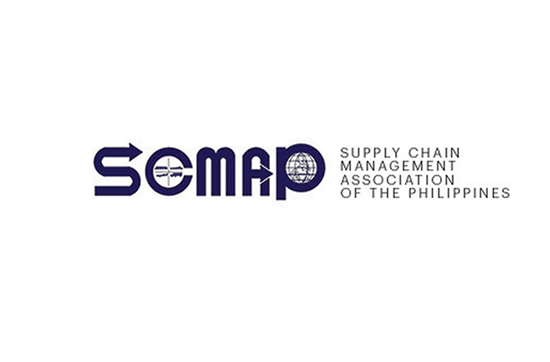While we associate the Christmas and New Year period with the chance to take a break, it really wasn’t the case. At least for us in supply chain, apart from the 24/7 nature of our work, there were reminders of just how important what we do is.
There was, of course, the rush to the stores in the weeks leading up to Christmas and New Year. E-commerce operators were busy fulfilling and delivering orders—Lazada boasted of breaking records for both their 11/11 and 12/12 sales, for one. Then the action shifted to brick and mortar stores, as consumers began buying both food for the festivities as well as last-minute presents. There is the sight of one customer buying twelve microwave ovens in one go, presumably for a corporate Christmas party. There is also the sight of customers at a supermarket waiting for new stocks of chocolate cake, which was being offered at half off. As they waited, I saw one customer have a cart full of them—24 cakes, I assume, in total, presumably as gifts.
All this is made possible, of course, by meticulous planning and coordination between retailers, manufacturers, distributors and logistics providers, over months, if not years. Sure, not everything will go well: delays are to be expected, despite all efforts, and in recent weeks we’ve had to contend with heavier traffic, additional road works, and typhoon Tisoy causing floods. But we do our best to enable perhaps the largest consumption period in the Philippines in any calendar year.
And then there are the problems that have a direct connection to supply chain, and that may have a detrimental impact to both businesses and consumers alike. For one, African swine flu, the shadow of which has hovered over our pork industry just as the appetite for ham kicks into gear. Some have avoided the meat altogether, which has led to a decline in sales for pork products and even the lechon. It’s become a boon for those offering other meat alternatives—chicken ham seems more prominent, for one, although I’m a bit surprised vegan alternatives are still out of reach. That said, it could be worse: while here only a few products have been found to carry the ASF virus and mitigating measures were swiftly implemented, China had to dip into its reserve pork supply to satiate demand for their upcoming festivities.
Another reminder came from the cases of methanol poisoning that happened in recent days, after consuming lambanog. There were 23 deaths and hundreds more recuperating, last I checked, in both Laguna and Quezon, where the market for the coconut-based liquor is strong. I was struck by the Food and Drug Administration revealing that there are only ten brands of lambanog registered with the agency—underlining the existence of lambanog makers who fly under the radar, and whose products and processes remain unchecked.
While it’s certain that some manufacturers deliberately cut corners to keep costs down, I imagine there are others who find the burden of regulation not worth the hassle. I’ve often heard about how confusion regarding which government agency is in charge of what regulation—not to mention overlapping requirements and long processing times—has led some to find the shortest way to have legal backing for their businesses. Perhaps one way to combat this problem is to intensify efforts to reduce regulatory burden on businesses—streamlining processes and requirements—to better encourage them, particularly smaller ones in the provinces, to register themselves? That could mean wider protections for consumers and greater confidence in products that are already widely loved to begin with. Perhaps this is something the Anti-Red Tape Authority can look into now that it’s established itself.
As 2020 rolls along (and we get used to writing new dates again) may we take the opportunity to take stock of how we in supply chain—not just those in charge of moving and storing goods, but also those in charge of making, selling and promoting them—can better work together to improve the lives of our customers, our stakeholders and our businesses. The less problems we haven’t anticipated, the better.
SCMAP kicks off 2020: We look forward to your support and participation in our events and initiatives that further move the global competitiveness of Philippine supply chain. We will kick off the year with Supply Chain Outlook, happening on February 7, which looks at the developments that will impact the industry in the coming year, and will also serve as the induction of our new Board of Directors. More information on this and our other upcoming events across the country is on our website, scmap.org.
Finally, on a personal note: This is my 100th column for PortCalls—but, of course, I have just inherited this column, which has gone on for almost two decades now, from former SCMAP executive director Ed Sanchez. I would like to thank everyone at PortCalls for the support, and to you for taking the time to read.
Henrik Batallones is the marketing and communications executive of SCMAP. A former board director, he is also editor-in-chief of the organization’s official publication, Supply Chain Philippines. More information about SCMAP is available at scmap.org.





